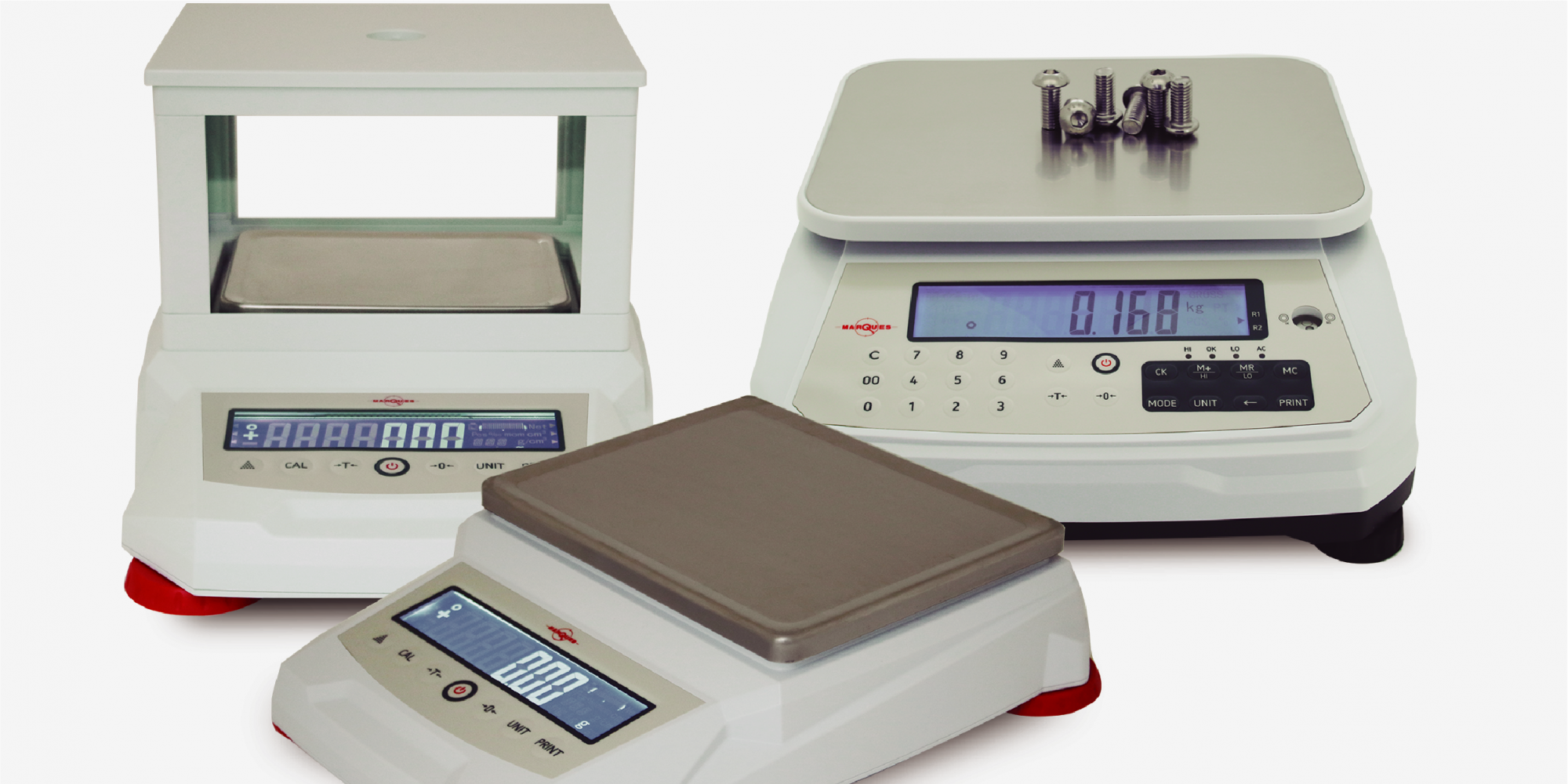
It’s dedicated to the Research and Development of Software for retail and industry. Created and joined in the Group in 2010.
Know more
Acquisition in 2004 of the entire share capital of EUROPESAGEM - Comércio Internacional de Balanças, Lda, a company specialized in the distribution of commercial and industrial weighing equipment (Founded in 2001).
Know more
Official representative of the German brand ESPERA, of weighing and labeling equipment. Created in 2011.
Know morePrecision scales are weighing equipment developed to do rigorous measures on labs and industries. And these are scales that present some sensitive components. Which means you should be even more careful when handling them.
No matter the reach or division, the dimensions or the design, precision scales require an extra dose of attention. When using this kind of weighing equipment, there are several things you should keep in mind so that the scales measure the weight accurately and to assure them a long useful life.
As weighing experts, here at Balanças Marques, we put together a list with tips to help you on the task:
Choose an appropriate spot for your precision scale.
Factors like humidity, temperature and air pressure may affect any kind of weighing. And when we’re talking about weighing with precision scales, these factors have even a greater impact.
To avoid their interference with the results, try to place your precision scale in spots with no vibrations and keep it, ideally, away from air conditioning equipment and from direct sun light.
Correctly handle the samples you want to weigh on your precision scale.
A fingerprint, a small grease residue from the skin or an object outside the room temperature. That’s all it takes to affect the result of a precision scale.
To minimize the risk, take your samples with a tweezers or while wearing gloves and place them right on the centre of your scales’ plate.
Invest in calibrations for your precision scale.
Labs and industries where precision scales are used need, above all, equipment that assure a consistent and accurate weighing. Which means it’s even more importante to do a regular revision and calibration.
To keep your scale with the expected precision, invest in calibrations services like the one offered by Callmarques.
Clean your precision scale regularly.
If a fingerprint on a sample may be enough to impact the result of your precision scale, some traces of dust or any other dirt on the equipment’s plate can affect the weighing.
To avoid those factors from interfering on the quality of your precision scale’s work, clean it regularly. Use a damp cloth, making sure it isn’t too wet, and bet on a mild soap instead of aggressive cleaning agents like solvents. If there is any residue of samples on the scale’s plate, use a soft brush to remove them.
If you have any more doubts about the way you should handle your precision scale or if you need one for your lab and industry, do not hesitate to contact us. At Balanças Marques, we have a range of this kind of equipment (also available on our online store) and we are always ready to help!
